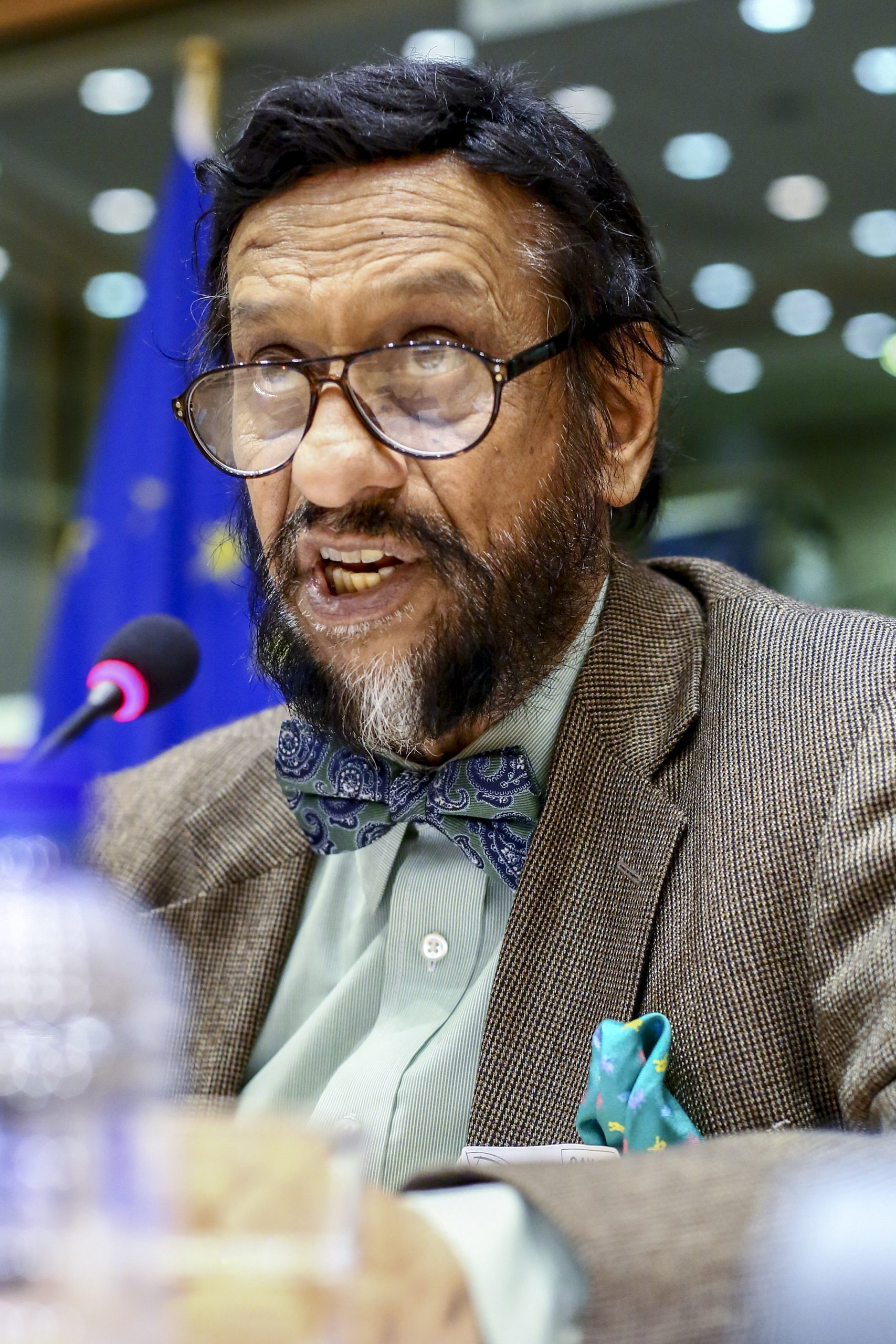Written by Geoff Archer

|
Event panel members:
|
The European Parliament’s Science and Technology Options Assessment body (STOA) hosted, with the support of the Scientific Foresight Unit within the European Parliamentary Research Service (EPRS), on 4th November the Chair of the Intergovernmental Panel on Climate Change (IPCC), Dr Rajendra Pachauri, as he presented the organisation’s latest ‘Synthesis report’ in the European Parliament.
The event, representing the first delivery of the report outside the main launch only a few days ago in Copenhagen, provided an opportunity for the audience to hear first-hand how serious the threats are that climate change poses and the options for the EU to address them. Dr Pachauri himself paid tribute to the IPCC’s work saying:
“There is not stronger collaborative endeavour in the field of science in the world than the work of the IPCC”.What have we learned about climate change?
The evidence-base for climate change has grown and comment on the severity of its associated impacts has been upgraded in the 5th Assessment Report (AR5). Dr Pachauri adopted a sterner tone when describing future impacts, announcing that the IPCC can now say with confidence that humans are extremely likely (95%) to be responsible for a changing climate.
In terms of its impact upon the EU, it is more obvious than ever that climate change will impact significantly upon our day-to-day way of life with the severity and incidence of extreme weather events set to increase.
Agriculture and other industrial activity in the EU will be hit along with severe implications for the health of EU citizens as heavy rainfall and heat waves become more common. Addressing these issues was outlined by Commissioner Moedas who emphasised the EU’s desire to play a lead role in global efforts to tackle climate change. Key to this is the allocation of 35% of the €80 billion Horizon 2020 budget to climate-related objectives.
What are the solutions?
Ambitious mitigation of climate change is eminently possible with IPCC estimates of only a 0.06% reduction in global GDP required to implement the measures necessary to achieve this. Dr Pachauri noted however that:
“This small cost does not even take into account the extra benefits arising from reducing the effects of climate change…but our planet does not have the luxury of time”It is imperative to act as soon as possible as costs of tackling climate change, and the impacts themselves, will only increase further into the future.
In Europe, technological innovation forms a key part of the policy-making toolkit to tackle climate change. Ms McGuinness noted this in saying that the practical technological solutions outlined by the IPCC, such as scaled-up Carbon Capture and Storage (CCS), provided a good starting point for Europe.
Dr Rübig also suggested that a secure, and decarbonised, energy supply would be paramount for Europe to maintain industrial competitiveness in parallel with carbon emissions reductions. In the 8th Legislature STOA will be working on this policy area along with new areas of focus, including: resource scarcity, ICT development, mobility and ‘the good life’.
How are solutions to be implemented?
Climate change is unique in that it is a wholly collective issue. Every nation will be affected regardless of their individual situation and therefore international agreement is crucial for an effective global solution to climate change.
In terms of EU policy-making, Commissioner Moedas also outlined the Juncker Commission’s vision for greater corporate involvement in solving climate change in partnership with public sector.








Be the first to write a comment.